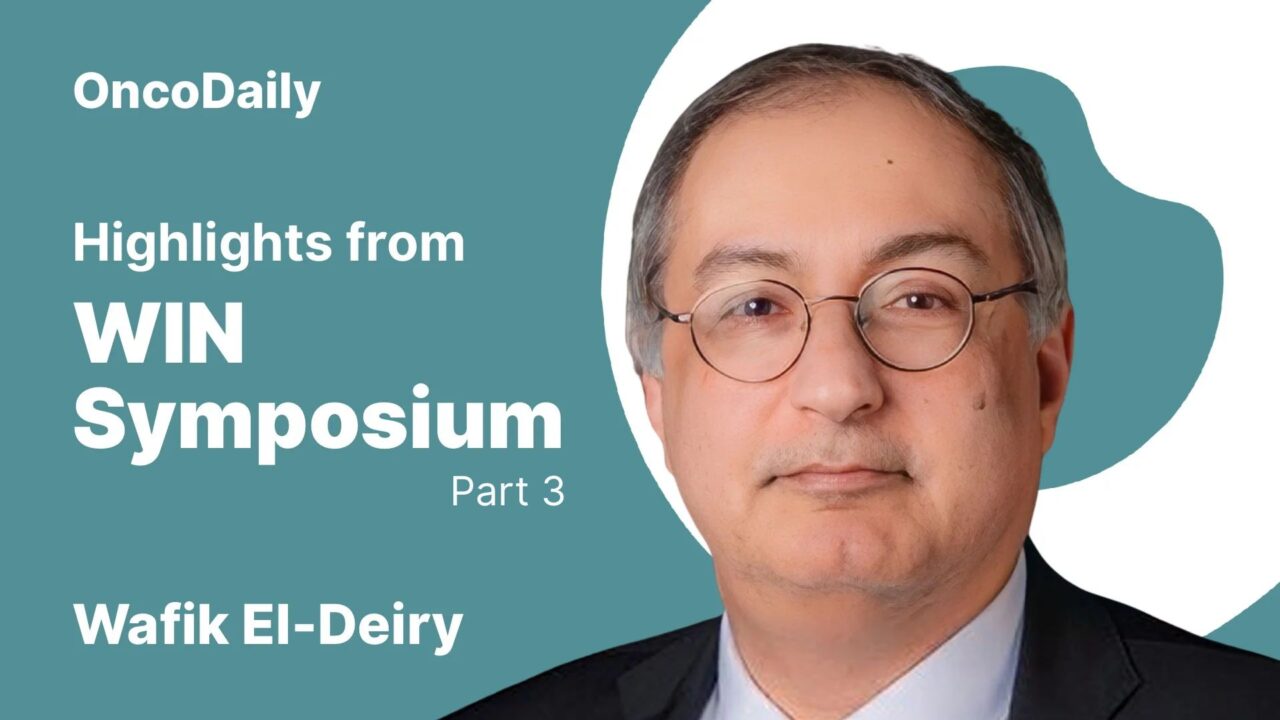The WIN Symposium 2025, held on October 3-4, 2025, successfully concluded as an officially endorsed event by the American Society of Clinical Oncology – marking the 14th consecutive year of this prestigious recognition.
Presented as Track 1 of the Advancing Precision Medicine Conference (APM), the symposium, titled ‘Progress and Challenges in Precision Oncology,’ brought together leading experts from around the world to explore the evolving landscape of precision oncology. Discussions highlighted groundbreaking advances in molecular diagnostics and targeted therapies, as well as the ongoing challenges of translating scientific discoveries into meaningful clinical outcomes.
Curated by the WIN Consortium, the symposium was co-chaired by Wafik El-Deiry, MD, PhD, FACP, Chair of the WIN Consortium, and Razelle Kurzrock, MD, FACP, Chief Medical Officer of the Consortium. The event featured distinguished speakers in cancer research, diagnostics, and therapeutic innovation, offering a comprehensive view of how precision medicine continues to reshape oncology across tumor types and care settings.
Wafik El-Deiry, Director of Legorreta Cancer Center at Brown University and Chair of the WIN Consortium in Cancer Personalized Medicine, shared some key highlights from the WIN Symposium:
“Dr. Sewanti Limaye provides a comprehensive overview of barriers to the globalization of precision oncology, focusing on India, along with the remarkable progress she has been making at Sir H.N. Reliance Foundation Hospital and Research Centre in Mumbai, India.
There is a significant burden from cancer in India, as well as financial burdens, relatively few clinical trials for a country of 1.5 B people. Dr. Limaye advocates for precision oncology given limited resources, and she advocates for a Hub and Spoke model at her institution that interacts with 100-200 spoke sites. She discussed her intent to change the way cancer care is delivered and highlighted variations in molecular profiles and drug toxicities among different ethnicities. As she builds precision oncology in India, there are realities from the high numbers of new patients each day at medical center practices, along with the need for a team effort, MTBs, diagnostics, and research on mutational landscapes, for example, in EGFR, which varies in India.
She discussed several tumor types, unique innovative efforts in proteogenomic profiling, the need for prevention and screening, MCED tests, and liquid biopsies. She discussed Trucheck technology and CTC tumor-associated clusters, and unpublished work.”
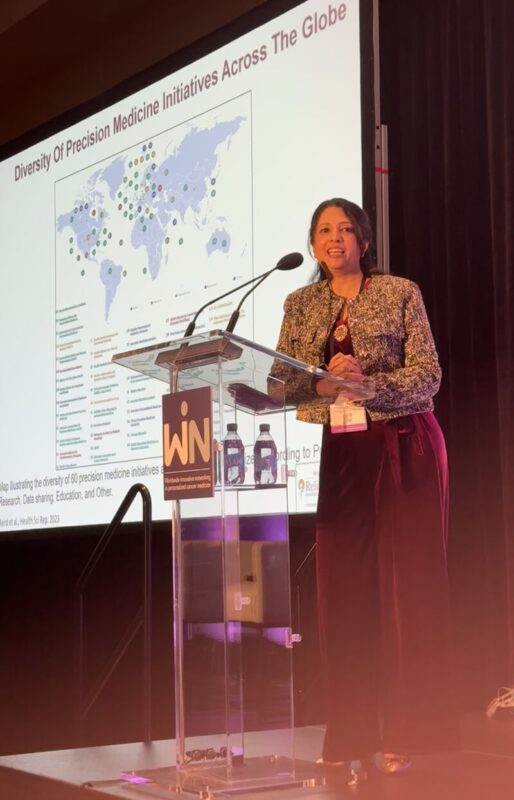
“Oral abstract presentations from submitted abstracts at 2025 WIN Consortium in cancer personalized medicine WIN Symposium by Drs. Simon Hongzhang He (Captis Diagnostics profiling EVs in NSCLC), Adriana Aguilar (ctDNA in TNBC; TRICIA trial results), and Razelle Kurzrock (CureMatch, Inc. Molecular Therapy Matching Score Correlations with Clinical Outcomes).”
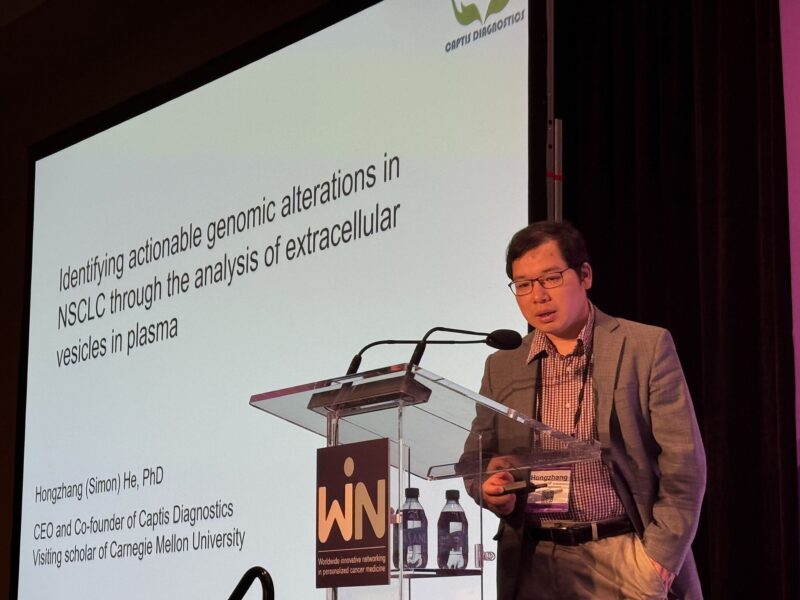
“Dr. Vivek Subbiah delivers an inspiring talk at the 2025 WIN Consortium in cancer personalized medicine WIN Symposium in collaboration with Advancing Precision Medicine, including his own phenomenal contributions to precision oncology, high-impact papers, reviews, and FDA approvals.
He sees the future where genomic sequencing will be less than 1 dollar, but we need drugs such as Osimertinib, not just Erlotinib.
He described Eroom’s law regarding ever-increasing costs of drug development over time, including how to break it, exciting, historic tissue agnostic approvals beginning in 2017 with Pembrolizumab for D-MMR MSI-Hi cancer, with 10 subsequent tissue agnostic approvals in < a decade.
He spoke about basket and umbrella trials, including ROAR for rare tumors, how pharmacovigilance increases the cost of drug development, so we need more successes such as RET targeted therapy. Dr. Subbiah advocates for having no SOC in oncology unless RR is very high and close to a cure. He gave examples of Darwinian evolution with targeting RET in a cancer that developed resistance through NTRK fusion and subsequently an ALK fusion. He spoke about ‘unknown unknowns’ and shared exciting news about a new ‘Tissue Agnostic Track’.”
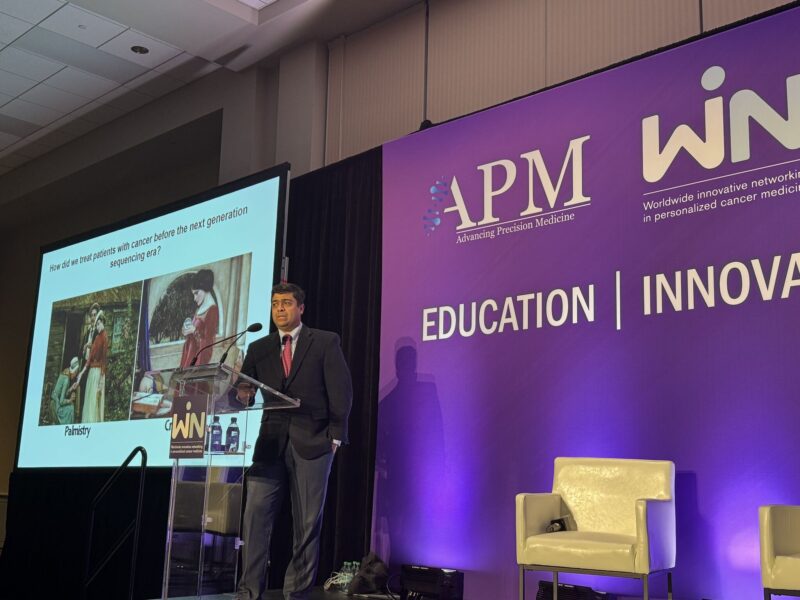
“Dr. Liang Cheng at The Warren Alpert Medical School of Brown University, Brown University Health, Care New England, discusses molecular pathology as a driver of precision oncology, multimodal data integration, AI/ML, tissue agnostic approvals, ctDNA, spatial oncology/spatial proteomics, and 3D pathology at the 2025 WIN Consortium.”
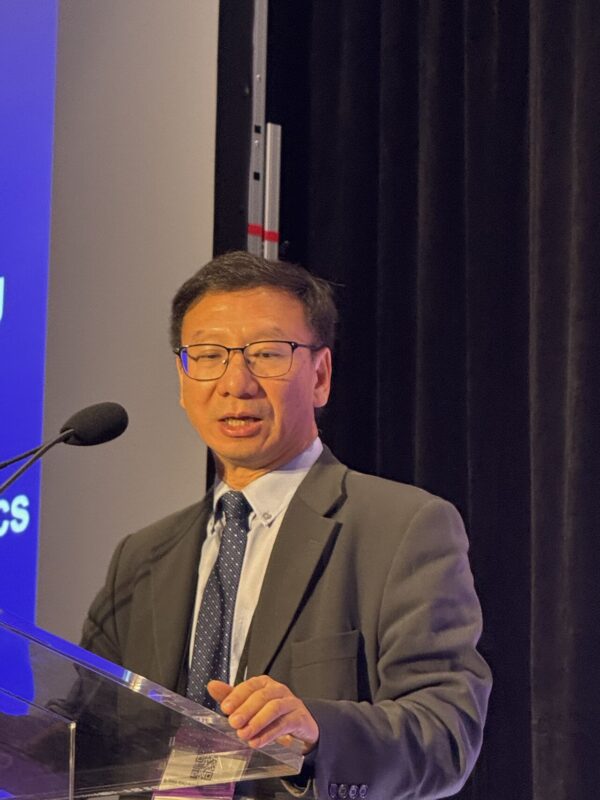
“Dr. Johnathan Whetstine, Whetstine Lab, attends the 2025 WIN Consortium in cancer personalized medicine WIN Symposium in collaboration with Advancing Precision Medicine, where he discusses progress in building epigenetics institute at Fox Chase Cancer Center and describes elegant studies linking loss of KDM4A, a lysine demethylase he discovered nearly 20 years ago while with Yang Shi at Harvard, to re-replication, ecDNA and copy gains. He shared additional unpublished data at the meeting.”
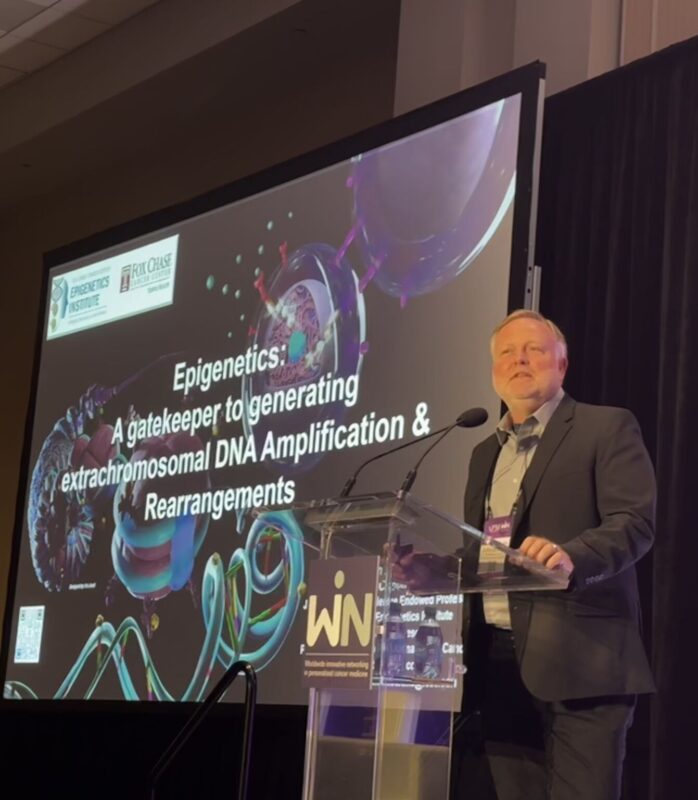
“Interactive discussions at the 2025 WIN Consortium in cancer personalized medicine WIN Symposium, involving speakers with expertise ranging from basic mechanisms of cancer progression involving chromatin and gene amplification to molecular pathology and targeted therapeutics in precision oncology.”
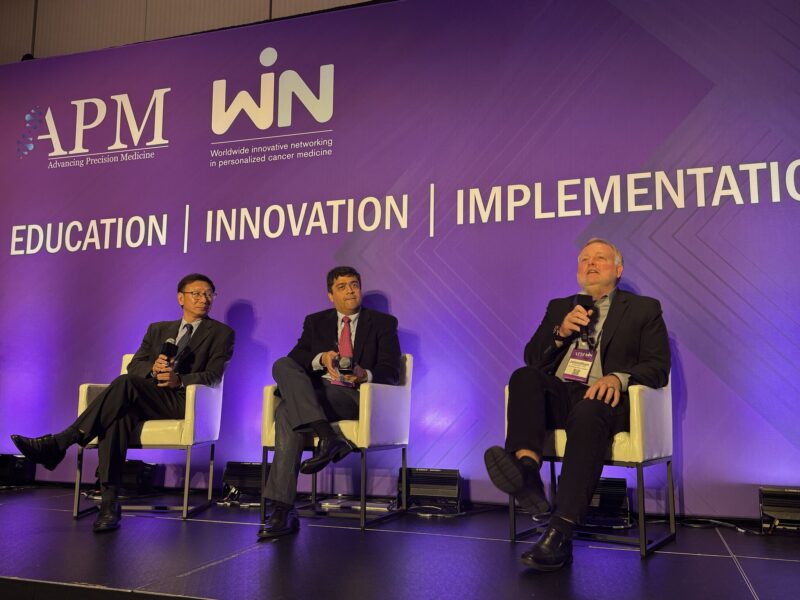
“Dr. Lori Rink at Fox Chase Cancer Center gave a great talk at the 2025 WIN Consortium in cancer personalized medicine WIN Symposium in collaboration with Advancing Precision Medicine.
She gave a history of the discovery of the role of Kit and the use of Imatinib, and later Sunitinib and Regorafenib. She spoke about Ripretinib resistance mechanisms involving ATP-binding mutations in cis, kinome profiling in collaboration with James Duncan at FCCC, leading to the identification of Wee1 as a target in GIST, use of PDX models, and her current strategy of cotargeting Kit/PDGFRA and genomic integrity that is ripe for translation.”
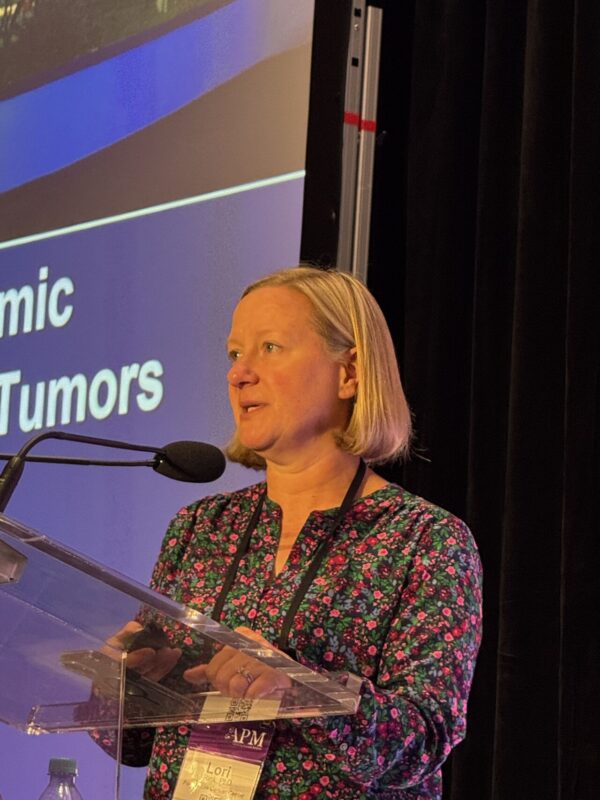
“Dr. Magda Kordon, CEO and Founder, IntoDNA, spoke at the 2025 WIN Consortium in cancer personalized medicine WIN Symposium in collaboration with Advancing Precision Medicine about direct detection of DNA breaks, repair, and STRIDE technology for assessing HR defects in clinical samples.”
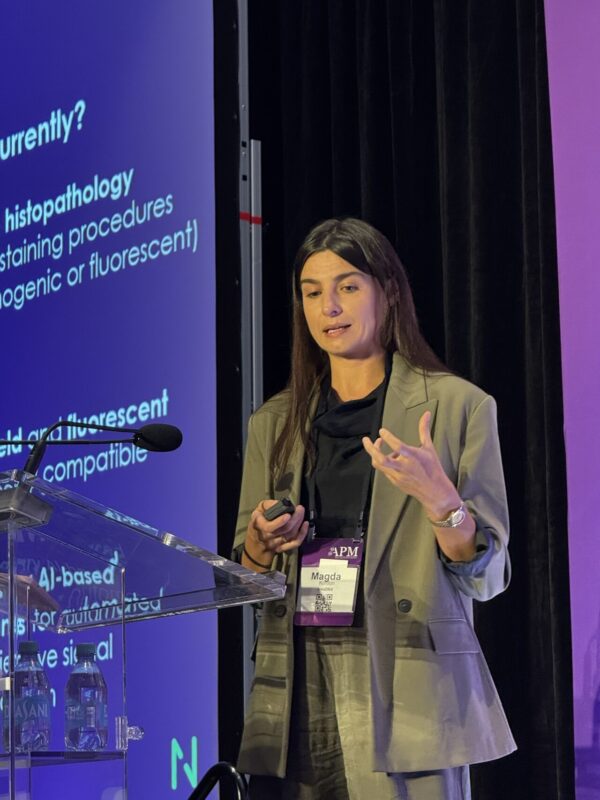
These are some of the slides I shared at the last session with exciting organizational progress at the WIN Consortium in cancer personalized medicine WIN Symposium including expansion of membership, various new committees including a Data Science Committee that has made much progress in the last year, an active international MTB, futuristic best-in-class N-of-1 precision oncology trial designs that optimize matching score for recommended therapeutics as guided by RWD, AI algorithms and the WIN MTB, a new Precision Oncology Fellowship, multiple LOI’s, grant submissions and various publications.
Precision Oncology is the future of Oncology as a third Pillar, like the current two pillars, including standard of care therapy options and clinical trials.”
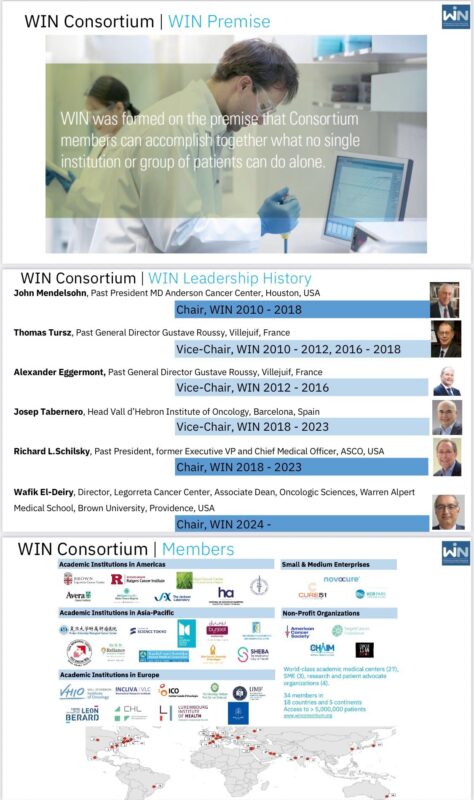
You can also find Part 2 of ‘Highlights from WIN Symposium by Wafik El-Deiry‘ on OncoDaily.


